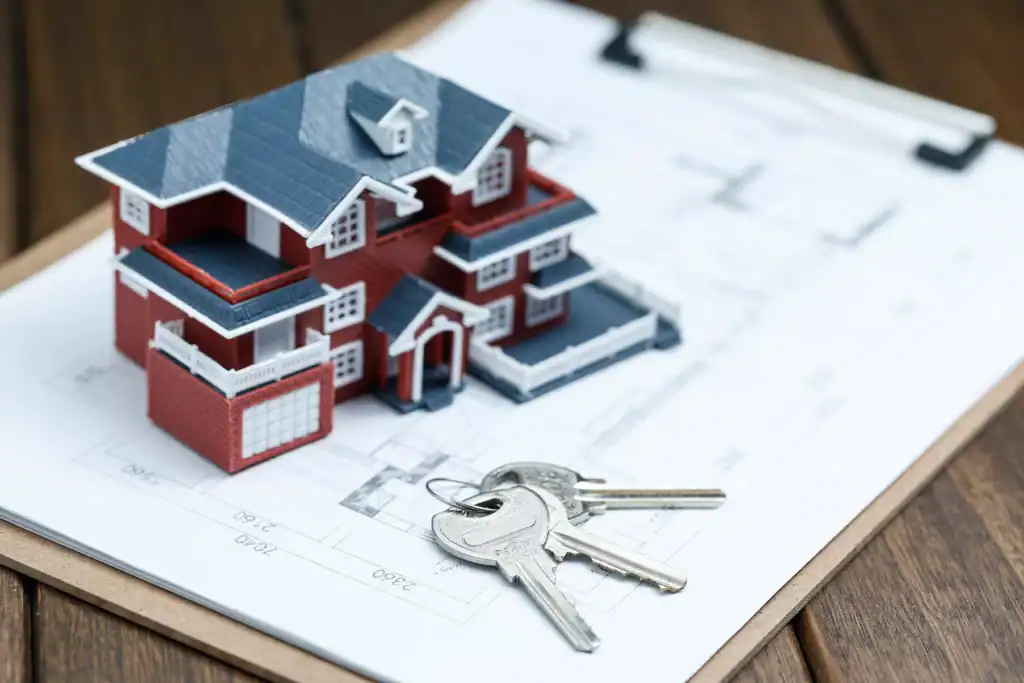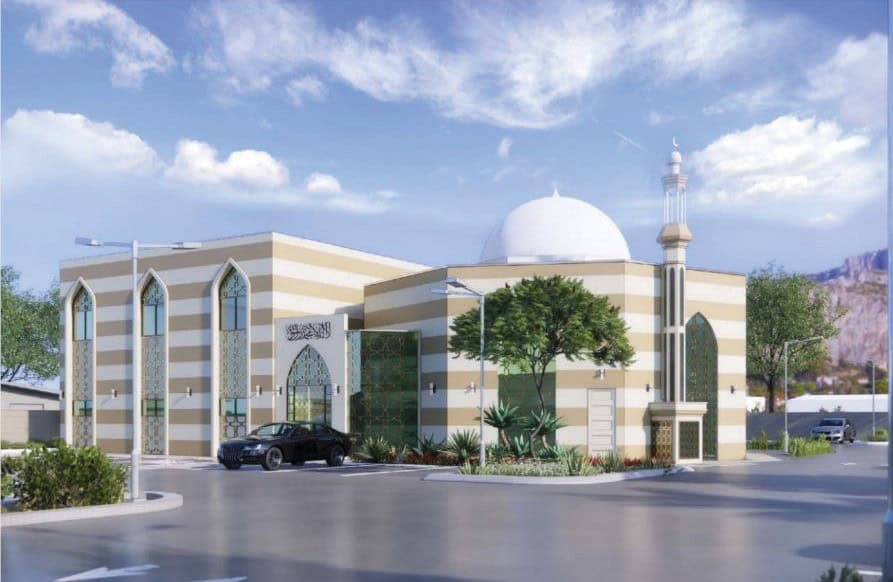As environmental concerns continue to grow and sustainability becomes a top priority for individuals and businesses alike, off-grid and sustainable properties are gaining significant attention. These types of properties, which are designed to operate independently of traditional utility grids, offer a solution to the increasing demand for environmentally friendly and self-sufficient living spaces. In response to this growing trend, many Multiple Listing Service (MLS) platforms are adapting to meet the needs of buyers and sellers of off-grid and sustainable properties.
This article explores how MLS platforms cater to off-grid and sustainable property listings, the benefits of listing such properties on MLS, and the key features that should be highlighted in these listings. It also examines the challenges and opportunities associated with marketing and selling off-grid and sustainable properties in the modern real estate market.
The Rise of Off-Grid and Sustainable Properties
In recent years, the real estate market has witnessed a surge in demand for sustainable properties, particularly those that operate off the grid. This trend is largely driven by increasing environmental awareness, a desire for energy independence, and the need for more eco-friendly living solutions. Off-grid properties are those that are not connected to municipal power, water, or sewage systems, and they typically rely on alternative energy sources such as solar panels, wind turbines, or geothermal systems.
Sustainable properties, on the other hand, are designed with eco-friendly features that reduce the environmental impact of the building. These properties often include energy-efficient appliances, rainwater harvesting systems, sustainable construction materials, and green building certifications such as LEED (Leadership in Energy and Environmental Design). Both off-grid and sustainable properties appeal to buyers who are seeking a smaller carbon footprint, more control over their utility bills, and a lifestyle that aligns with their environmental values.
The growing popularity of off-grid and sustainable living is reflected in a shift in consumer preferences. More people are becoming aware of the benefits of living in harmony with nature, and many are looking for properties that support a sustainable lifestyle. Whether it’s a remote cabin in the woods, a modern eco-home with solar panels, or a self-sufficient farm, buyers are increasingly searching for properties that offer more than just a place to live—they want properties that reflect their values and contribute to a more sustainable future.
Why List Off-Grid and Sustainable Properties on MLS?
Traditionally, MLS platforms have been used primarily for residential properties connected to municipal utilities. However, as interest in off-grid and sustainable properties has increased, MLS systems have adapted to accommodate these unique listings. There are several key reasons why listing off-grid and sustainable properties on MLS is advantageous for both sellers and buyers.
1. Increased Visibility
Listing an off-grid or sustainable property on MLS exposes it to a large pool of potential buyers who are actively looking for properties that align with their values. MLS platforms provide access to a wide audience of real estate professionals, including agents, brokers, and buyers. This increased visibility can help sellers attract buyers who might not have otherwise considered off-grid or sustainable properties. For buyers, MLS provides a centralized location where they can search for properties that meet their specific criteria, whether it’s energy independence, sustainability, or a remote location.
2. Targeted Search Filters
MLS platforms offer advanced search filters that allow buyers to narrow down their options based on specific criteria. For off-grid and sustainable properties, these filters can be customized to include features such as renewable energy systems (solar, wind, geothermal), energy-efficient appliances, water conservation systems, and eco-friendly building materials. By listing a property with detailed information about its sustainable features, sellers can ensure that the right buyers can find it more easily. These search filters also enable buyers to find properties that meet their specific environmental and energy needs.
3. Professional Representation

MLS listings are typically managed by licensed real estate agents, which ensures that the property is professionally marketed and accurately represented. For off-grid and sustainable properties, having a knowledgeable agent who understands the unique features and benefits of these properties can be incredibly valuable. A real estate agent with expertise in sustainability can highlight the property’s eco-friendly features, explain how the off-grid systems work, and answer any questions potential buyers may have about the property’s environmental impact or utility independence.
4. Access to Market Data
MLS platforms provide access to valuable market data that can help sellers price their off-grid or sustainable properties competitively. By reviewing comparable listings and historical sales data, sellers can get a better sense of what similar properties are selling for and adjust their asking price accordingly. Buyers also benefit from this data, as it helps them assess whether the asking price is fair based on the property’s size, location, and sustainability features.
5. Streamlined Transaction Process
MLS systems typically provide tools to help facilitate the transaction process, including standardized contract templates, offer sheets, and communication tools. This can help streamline the negotiation and closing process for both sellers and buyers. For off-grid and sustainable properties, these tools can be particularly useful for managing the complex details of the transaction, such as verifying the property’s energy systems, ensuring that environmental regulations are met, and handling any permits or certifications that may be required.
Key Features to Highlight in Off-Grid and Sustainable Property Listings
To attract the right buyers, off-grid and sustainable property listings should highlight specific features that set these properties apart from traditional homes. These features are not only important for buyers seeking self-sufficiency but also for those who prioritize sustainability and eco-friendliness. Below are some of the key features that should be emphasized in MLS listings for off-grid and sustainable properties:
1. Energy Systems (Solar, Wind, Geothermal)
One of the most appealing aspects of off-grid properties is their energy independence. Buyers interested in off-grid living will want to know about the property’s energy systems, such as solar panels, wind turbines, or geothermal heating and cooling systems. MLS listings should include details about the type of energy systems in place, their capacity, and whether they are owned or leased. If the property generates surplus energy that can be sold back to the grid, this is an important feature to highlight.
2. Water and Wastewater Systems
Off-grid properties typically rely on alternative water sources, such as wells, rainwater harvesting systems, or natural springs. Listings should provide information about the water supply, including the source, storage capacity, and filtration systems in place. Additionally, if the property uses a septic system or other alternative wastewater treatment methods, this information should be included. Buyers need to understand how water and wastewater are managed on the property to ensure that these systems are adequate for their needs.
3. Sustainable Building Materials
Sustainable properties are often built with eco-friendly materials that reduce the environmental impact of construction. These materials may include reclaimed wood, recycled steel, bamboo, or other renewable resources. Listings should highlight the use of these materials and explain how they contribute to the property’s overall sustainability. Green certifications such as LEED or Energy Star should also be mentioned, as these certifications can provide additional credibility and appeal to environmentally conscious buyers.
4. Energy Efficiency Features
Energy-efficient appliances, insulation, windows, and lighting can significantly reduce the energy consumption of a property. Buyers looking for sustainable homes will want to know about the energy-efficient features of the property, such as energy-saving appliances, LED lighting, and passive design elements that reduce heating and cooling costs. MLS listings should emphasize these features and provide information about the property’s energy performance, such as its Energy Star rating or utility bills.
5. Location and Accessibility
Off-grid properties are often located in remote areas, which may be a selling point for buyers seeking privacy and a connection with nature. However, it’s important to provide information about the property’s accessibility, including the distance to the nearest town or city, the condition of the roads, and the availability of services such as emergency response. Buyers will also want to know about the local climate, which can affect the property’s energy needs and livability.
Challenges and Opportunities in Listing Off-Grid and Sustainable Properties
While listing off-grid and sustainable properties on MLS can provide significant benefits, there are also challenges that sellers and agents must address.
1. Niche Market Appeal
Off-grid and sustainable properties appeal to a specific market of environmentally conscious buyers, which means that sellers may need to be patient while waiting for the right buyer to come along. However, as demand for eco-friendly properties continues to grow, this niche market is expanding, and more buyers are becoming interested in sustainable living.
2. Specialized Knowledge
Off-grid and sustainable properties often require specialized knowledge to market effectively. Sellers and agents must be able to explain how the property’s energy systems work, address concerns about water and waste management and provide information about the property’s sustainability features. Buyers may have questions about maintenance, permits, or the long-term viability of the property’s systems, so it’s essential to have accurate and comprehensive information available.
3. Financing Challenges
Some buyers may face challenges securing financing for off-grid or sustainable properties, particularly if they are located in remote areas or rely on non-traditional energy systems. Sellers should be prepared to work with buyers to help them understand their financing options, which may include special loans or grants for sustainable properties. MLS listings should include any information about financing programs or incentives that may be available for green or off-grid properties.
Conclusion
Off-grid and sustainable properties are becoming increasingly popular as more buyers seek energy independence and eco-friendly living options. MLS platforms have adapted to meet the demand for these unique properties by providing a centralized marketplace where sellers can list their properties and buyers can easily search for homes that meet their specific environmental and energy needs. By highlighting key features such as energy systems, water management, sustainable building materials, and energy efficiency, sellers can effectively market off-grid and sustainable properties to a growing audience of environmentally conscious buyers.
While there are challenges associated with listing these properties, including the niche market appeal and specialized knowledge required, the benefits of MLS—such as increased visibility, targeted search filters, and professional representation—make it a valuable tool for marketing and selling off-grid and sustainable properties. As the demand for sustainable living continues to rise, MLS systems will likely play an increasingly important role in helping buyers and sellers connect in this growing market.













